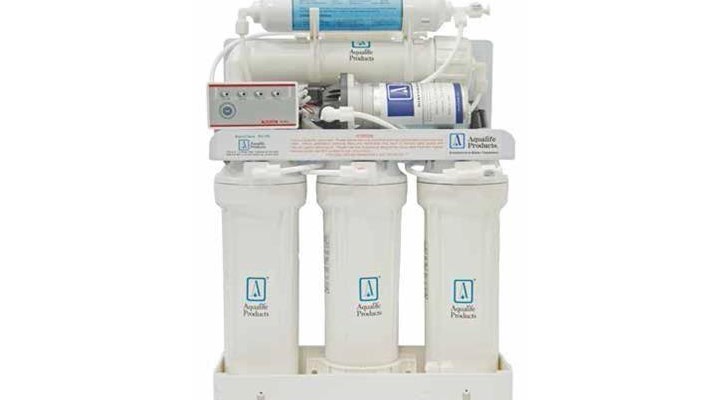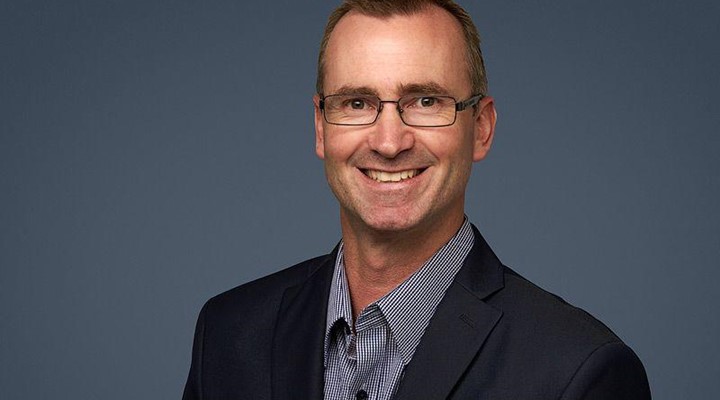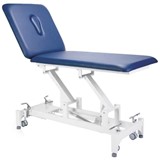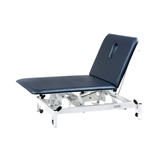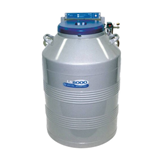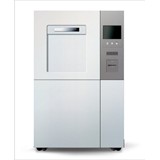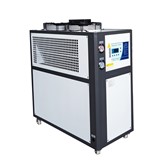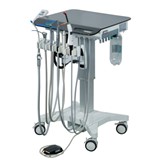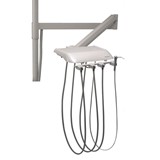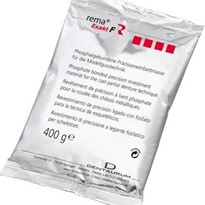The consequences of water quality has become more significant as technology within the industry improves.
So why is it important to use high quality water in sterilisers? The quality of water used in your steriliser directly impacts the three following areas;
- The usable life of your steriliser
- The amount and cost of servicing required to maintain your steriliser in good working order
- The life of the instruments that are sterilised in it
You have made a considerable financial investment in both your steriliser and your instruments, therefore using high quality water is an important part of protecting that investment.
Sourcing high quality water for your dental practice is a matter of choice. You may prefer to buy water or you may prefer to produce it on site, alleviating the need for space to store water and in most instances giving a more cost effective return on investment in the long run.
One of the most suitable ways of producing water on-site in dental practices is with a water treatment system specifically engineered to supply feed water to any steam sterilising equipment.
The AquaClave Mark III Reverse Osmosis Water Treatment System is a leader in its class, incorporating the best reverse osmosis (RO) technology with the built-in automatic flushing system, a higher osmotic pressure producing pump over its domestic competitors, bringing you premium water with less than 1ppm in total dissolved solids quality to your fingertips. This special Aqualife RO function of a built-in automatic flushing system can extend the service life of the membrane.
What do we love about it for your practice?
The AquaClave Mark III RO Water Treatment System includes a leak detector shut off valve. Mounted to the base of the cabinet, if a swell-pad absorbs moisture reporting to the bottom of the cabinet, it triggers the shut-off valve to isolate the water supply. The RO will then not run. This prevents leaks and water damage in the surgery.........Handy if a leak develops over a long weekend.
About the author
Steve Lines joined the STS Group as the Technical Services Manager in 2007, having held the role of Operations Manager since 2015. A qualified electrician he brings with him over 20 years of technical expertise, management of operations and people and a wealth of knowledge of the water industry from his time as a regional manager of a company specialising in membrane separation technologies for diverse industries across medical, industrial and commercial applications. Steve also holds the role of the ADIA WA branch President.


